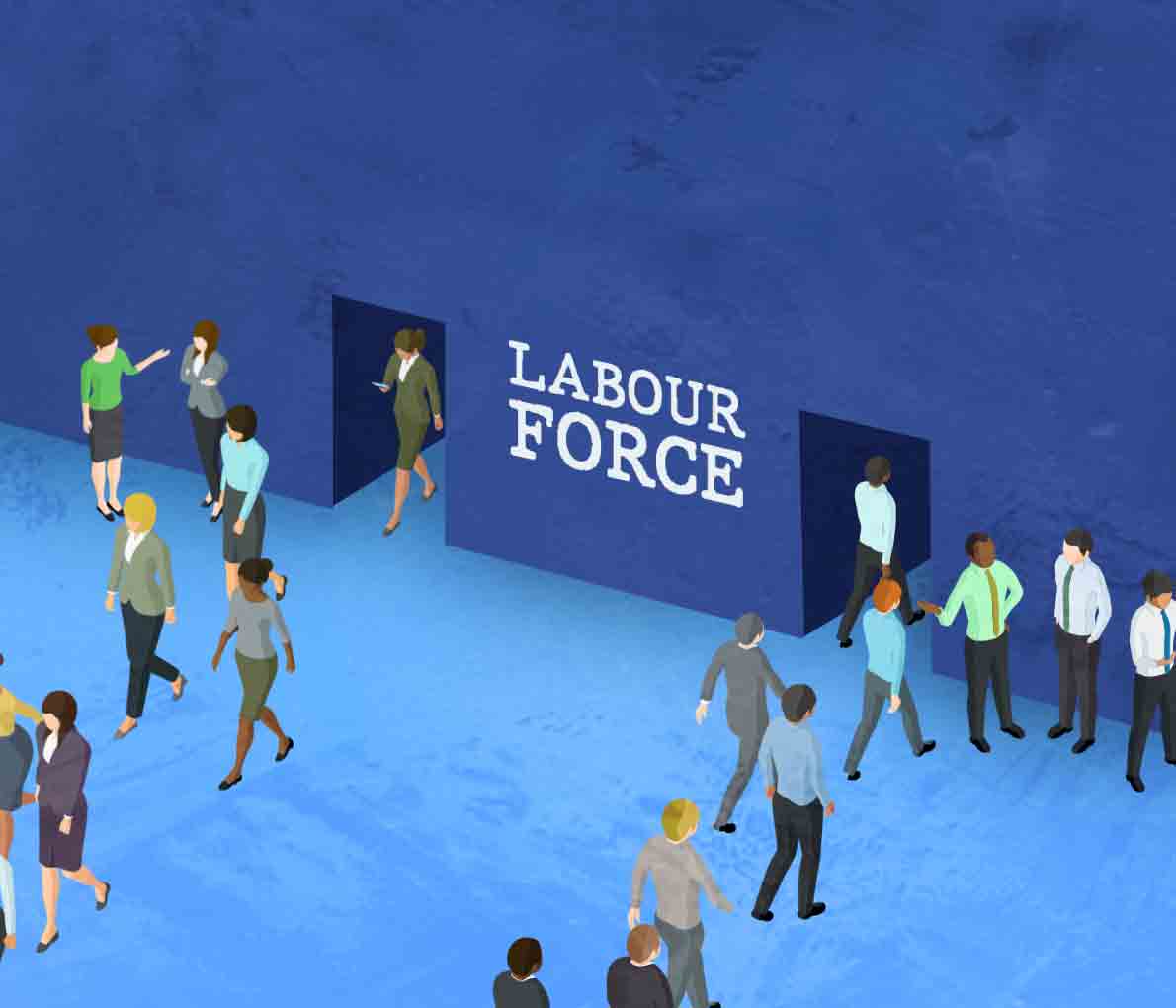Productivity can also be unleashed by broadening access to opportunities. Many rich-world labour markets are divided between the high- and low-skilled. That is tolerable so long as anyone can climb the ladder. Governments have a responsibility to ensure meritocratic access to education and sufficient opportunities for retraining. They should tear down barriers to entry such as needless occupational licensing rules—the legal and medical professions, for example, should not be allowed to pull up the drawbridge to outsiders. It should be easy to experiment with new digital and cross-border business models.
拓寬機會也可以釋放生產力。許多發達國家的勞動力市場分為高技能勞動力市場和低技能勞動力市場。只要有人能爬上職業階梯,那這種劃分就是可以忍受的。政府有責任確保精英獲得教育和充足的再培訓機會。政府也應該打破不必要的職業許可證規則等準入壁壘,例如,法律和醫療行業不應該將沒有資格證的人拒之門外。政府還應讓數字化和跨境商業模式方面的新嘗試變得輕而易舉。

But helping workers by boosting productivity must not be confused with self-defeating attempts to protect them—as happened the last time they had the upper hand, in the 1970s. Repatriating supply chains, as Mr Biden would, will inhibit competition and grind down living standards. Cranking up corporate taxes too far will reduce the incentive for firms to invest. For central banks to lose their inflation-fighting credibility would be a disaster. Just ask the workers who bore the brunt of efforts to tame prices in the 1980s.
但是,通過提高生產力來幫助工人,決不能與妄想保護工人卻弄巧成拙的嘗試混為一談——上世紀70年代工人們占據主導地位時就發生過這樣的情況。類似拜登將供應鏈撤返回國的行為將抑制競爭,降低生活水平。過度提高企業稅會降低企業投資的積極性。對于央行來說,失去抗通脹的信譽將是一場災難。問問那些在上世紀80年代平抑物價的努力中首當其沖的工人就知道了。
People tend to be sentimental about how wonderful work used to be, grumpy about how it is and fearful of what it will become. In fact, working life has improved over the ages—and the promise today is as bright as it ever was. Time to get on the ride.
人們往往會感傷于過往工作的美妙,暴躁于當前工作的現狀,又擔憂著未來工作的情況。事實上,工作生活會隨著時間推移而改善,如今的前景也一如既往的光明。是時候該打工人們春風得意了。
譯文由可可原創,僅供學習交流使用,未經許可請勿轉載。











